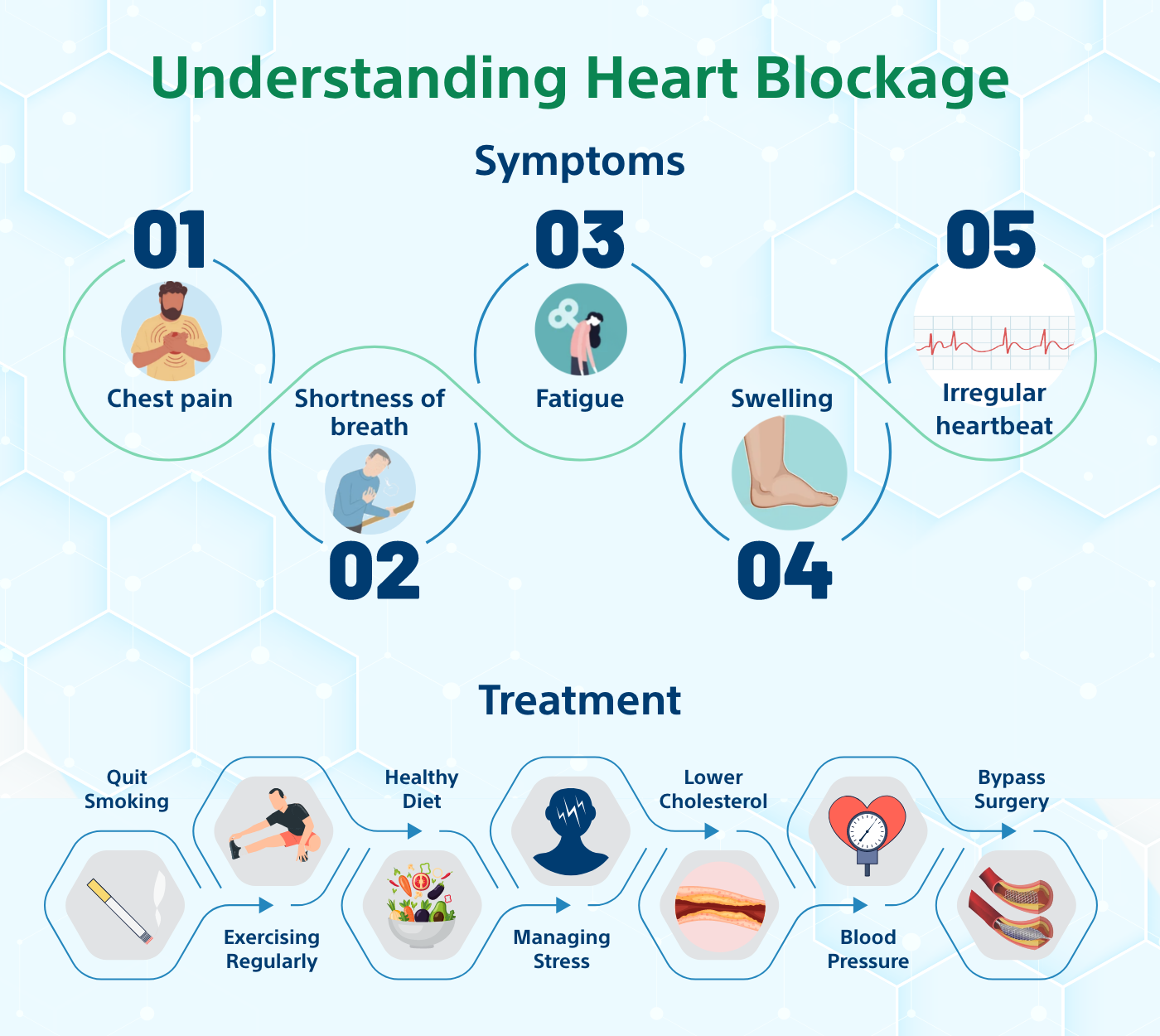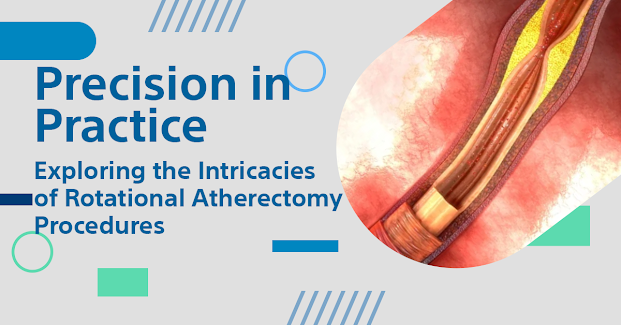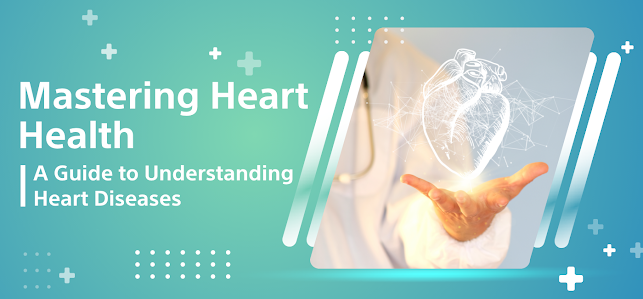Understanding Heart Blockage: Symptoms and Treatment
Heart blockage is a common health condition that affects
millions of people worldwide. It occurs when blood flow to the heart is partially
or entirely interrupted due to plaque build-up in the arteries. It can lead to various
symptoms, from mild discomfort to life-threatening complications.
Signs of Heart Blockage:
The symptoms of heart blockage can vary depending on the severity and location of the blockage. Some people may experience symptoms at all, while others symptoms can include:
· Chest pain or discomfort: This is the most common symptom of heart blockage. The pain may be felt as a pressure, tightness, or burning sensation in the chest. It may also radiate to the arms, shoulders, neck, jaw, or back.
· Shortness of breath: People with heart blockage may have trouble breathing, especially during physical activity or exertion.
· Fatigue: Feeling tired, even after getting enough rest, can be a symptom of heart blockage.
· Rapid or irregular heartbeat: Heart blockage can cause the heart to beat too fast or irregularly, leading to palpitations or a feeling of fluttering in the chest.
· Swelling: Heart blockage can cause fluid to accumulate in the legs, ankles, or feet, causing swelling or edema.
Treatment of Heart Blockage:
Several treatment options are available to manage heart blockage, depending on the severity of the condition. These may include:
· Lifestyle changes: Making healthy choices can help reduce the risk of heart blockage and improve overall heart health. This may include quitting smoking, maintaining a healthy weight, exercising regularly, and eating a heart-healthy diet.
· Medications: Medications may be prescribed to manage the symptoms of heart blockage, including high blood pressure, high cholesterol, and heart failure. These medications may include statins, beta-blockers, ACE inhibitors, and calcium channel blockers.
· Angioplasty and stenting: Angioplasty is a minimally invasive procedure that involves inserting a balloon-tipped catheter into the blocked artery to widen it and improve blood flow. A stent is placed to keep the route open.
· Coronary artery bypass surgery: This involves rerouting blood flow around the blocked artery using a graft from a vein or artery taken from another body part.
Preventing Heart Blockage:
Prevention is the key to managing heart blockage. Specific steps can help to reduce your risk:
· Quit smoking: Smoking is a significant risk factor for heart blockage. Quitting smoking can help reduce your risk.
· Eat a heart-healthy diet: A diet low in saturated fat, trans fat, and cholesterol can help reduce the risk of heart blockage.
· Regular workouts keep your heart healthy and reduce the risk of heart blockage.
· Manage your weight: Being overweight or obese can increase your risk of heart blockage. Maintaining a healthy weight help to reduce your risk.
· Manage stress: Stress can contribute to the development of heart blockage. Finding ways to manage stress, such as meditation or yoga, can help reduce your risk.
Heart blockage is a serious
health condition that requires prompt medical attention. If you experience any symptoms of heart
blockage, such as chest pain or shortness of breath, it is essential to
seek medical help immediately. Treatment options for heart blockage can vary
depending on the severity of the condition and may include lifestyle changes,
medications, angioplasty, stenting, or coronary artery bypass surgery.
Preventing heart blockage is critical
to maintaining heart health, and this can be achieved through healthy lifestyle
choices, such as quitting smoking, eating a heart-healthy diet, exercising
regularly, managing weight, and managing stress.
In summary, heart blockage is a
serious condition with life-threatening complications. It is essential to
recognize the symptoms and seek prompt medical attention. By making healthy
lifestyle choices and managing risk factors, you can reduce your risk of
developing heart blockage and maintain good heart health.
To learn more about Heart attack
and its symptoms, click here: https://bit.ly/3jNvJH8



Comments
Post a Comment